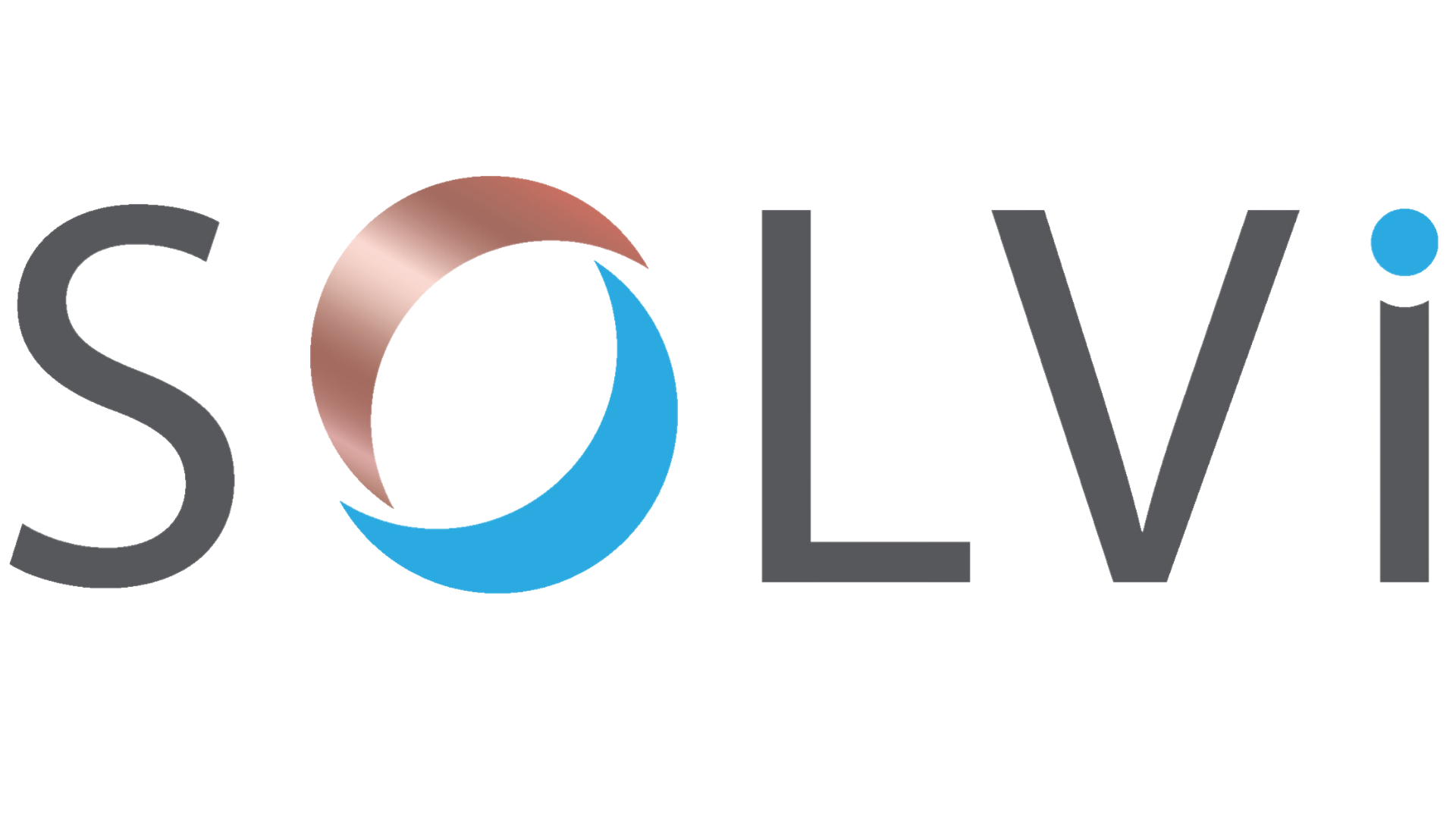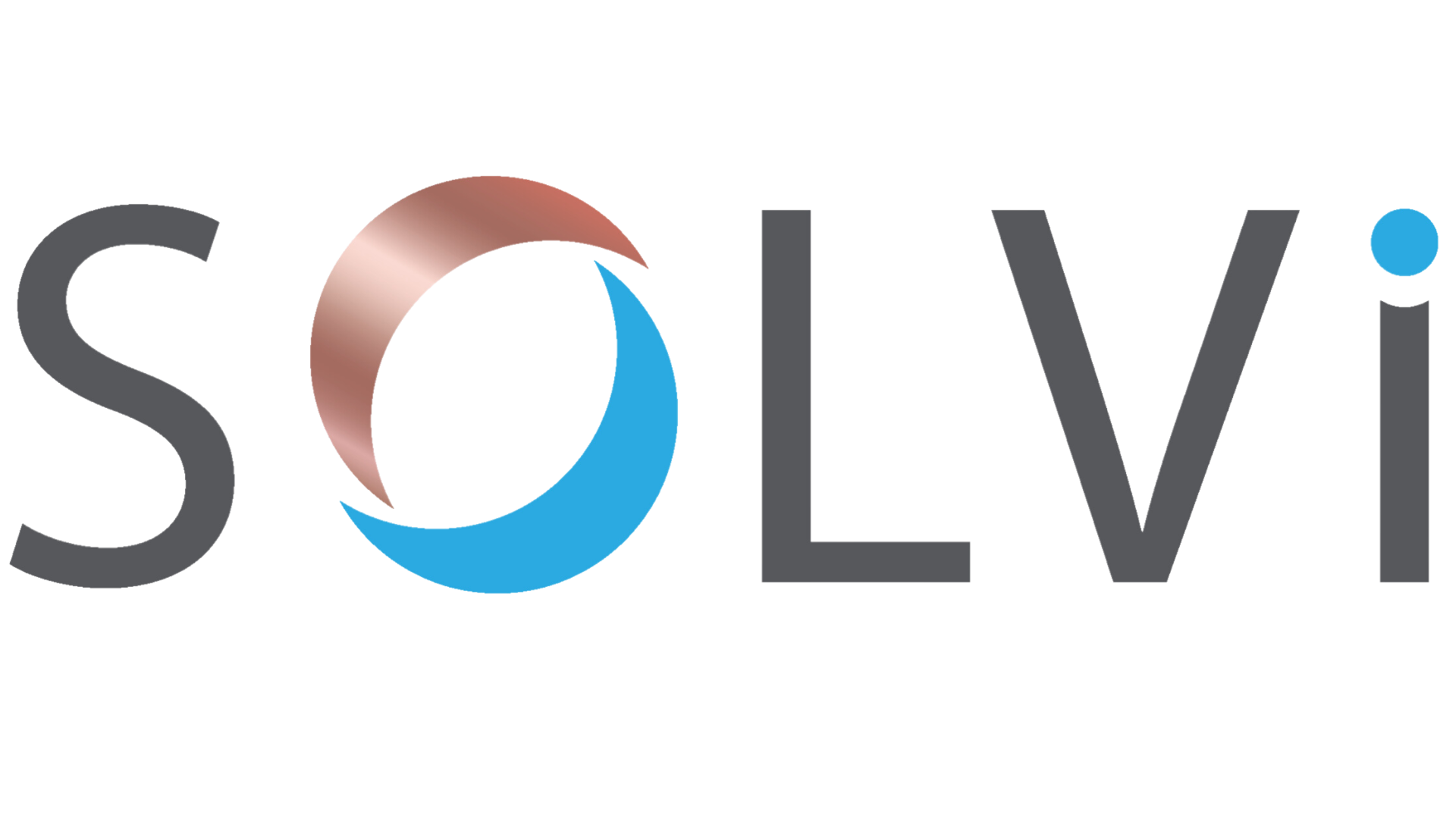Australia is a great place to live and work. Our passion is to help Registered Nurses living overseas to work and experience the great Aussie lifestyle. However, navigating the complexities of migrating to Australia can be daunting.
SOLVi Migration has been assisting nurses to gain registration and successfully migrate independently. Our dedicated team of legal experts specialises in guiding overseas registered nurses through the intricate visa and registration processes, ensuring a smooth transition to working in Australia.
We are committed to providing personalised support every step of the way, from initial eligibility assessments and visa applications to professional registration and employment advice. Trust us to help you achieve your dream of a rewarding nursing career in Australia.

VISA’S WE CAN HELP WITH

Employer Sponsored

Skilled Independent
MAKING AUSTRALIAN MIGRATION EASY

Difference between a Lawyer and a Migration Agent
What is an Australian Immigration Lawyer?
An Australian immigration lawyer is a legal professional who specialises in immigration law. To become an immigration lawyer, one must complete a law degree in Australia (bachelor of laws or juris doctor), undertake practical legal training, and be admitted to practice law in an Australian jurisdiction. This process involves at least five years of legal training, followed by two years of supervised practice under senior lawyers.
Roles and Responsibilities for Lawyers
Immigration lawyers provide comprehensive legal advice and representation in all matters related to migration.
This includes:
Offering strategic legal advice on visa options and eligibility.
Assisting with visa applications, ensuring all legal requirements are met.
Representing clients in legal proceedings, such as appeals and reviews before tribunals and courts.
Advising on complex legal issues, such as compliance with visa conditions and responding to visa cancellations.
Examples of when to seek an immigration lawyer:
If your visa application has been refused and you need to appeal the decision.
If you have a complex case involving medical issues or character concerns.
If you need legal representation in court or before a tribunal.
How to Verify A Lawyers Credentials
To verify an immigration lawyer's credentials, you can:
Check if they are listed on the roll of practitioners in their respective state or territory's legal practice board.
Verify their practising certificate issued by their local law society.
Look for their membership in professional bodies such as the Law Council of Australia.
What is a Registered Migration Agent (RMA)?
A registered migration agent is a professional who is registered with the Office of the Migration Agents Registration Authority (OMARA) to provide migration advice and assistance. To become an RMA, one must complete a Graduate Diploma in Australian Migration Law and Practice, which takes about 1 to 1.5 years, and pass the OMARA registration process, which includes a character assessment and meeting English language proficiency requirements.
Roles and Responsibilities for RMAs
RMAs assist clients with the visa application process and provide migration advice. Their responsibilities include:
Advising on visa options and eligibility based on the client’s circumstances.
Preparing and lodging visa applications on behalf of clients.
Communicating with the Department of Home Affairs on behalf of clients.
Providing advice on visa conditions and compliance.
Scope of Practice
While RMAs are well-equipped to handle most migration-related matters, they do not have the same legal training as immigration lawyers and cannot represent clients in court. However, they play a crucial role in guiding clients through the visa application process and ensuring all requirements are met.
Benefits of Using an RMA
Training in preparing and lodging visa applications efficiently.
In-depth knowledge of migration regulations and processes.
How to Verify Their Credentials:
To verify an RMA's credentials, you can:
Check the OMARA website to confirm their registration status.
Ensure they have a current registration certificate issued by OMARA.
Review their professional history and any disciplinary actions listed on the OMARA website.
Key Differences Between an Immigration Lawyer and an RMA
Legal Qualifications and Regulatory Oversight
Immigration lawyers hold law degrees and are admitted to practice law after extensive training and supervision, while RMAs hold a Graduate Diploma in Migration Law and are registered with OMARA.
Lawyers are regulated by legal professional bodies and must adhere to strict ethical standards, while RMAs are regulated by OMARA.
Types of Services Provided
Immigration lawyers can provide legal representation in court and handle complex legal matters.
RMAs focus on visa application preparation and migration advice but cannot represent clients in court.
Professional Indemnity Insurance and Client Protection
Both immigration lawyers and RMAs are required to hold professional indemnity insurance, which provides clients with protection in case of professional negligence. This ensures that clients have recourse if they receive poor advice or services.
Why Verify Credentials?
Comparison with Advice from Friends, Family, and Non-Qualified Advisors:
While friends, family, and even recruitment agents may offer well-intentioned advice, they lack the qualifications and legal authority to provide migration advice. Relying on unqualified advice can lead to misinformation, incomplete applications, and potential visa refusals.
Risks of Receiving Improper Advice
Improper advice can result in significant delays, additional costs, and even visa rejections. Professional advisors, such as immigration lawyers and RMAs, have the expertise to navigate the complexities of migration law and ensure all requirements are met.
Case Studies:
Consider the story of Jane, a nurse from the UK who initially sought advice from a recruitment agent. Misguided by incomplete information, her visa application was refused. Jane then consulted an immigration lawyer, who identified the errors, prepared a new application, and successfully secured her visa.
Another example is Mohammed, who sought advice from an RMA. The RMA guided him through the process, ensuring all documentation was in order, leading to a smooth and successful visa application.
Conclusion
Understanding the differences in qualifications and roles between Australian immigration lawyers and RMAs is essential for making informed decisions about your migration process. By verifying the credentials of these professionals, you can ensure that you receive accurate, comprehensive advice and support throughout your migration journey.
Ready to start your migration journey? Book a consultation with SOLVi Migration for expert migration advice and assistance.

About Rhea Fawole
Rhea's passion to establish SOLVi Migration cane from 12 years of working in senior roles at the Australian Immigration Department, including in the Immigration Minister's office. She also gained an abundance of government liaison and Australian government policy experience in other agencies.
SOLVi Migration has been founded with a vision to collaborate with Australian businesses and skilled workers who want to migrate to Australia.
FAQS
What qualifications do I need as a nurse to migrate to Australia?
Generally, you will need a nursing qualification that is recognised in Australia, such as a bachelor’s degree in nursing or an equivalent qualification. You will also need to meet registration requirements with the Australian Health Practitioner Regulation Agency (AHPRA).
What is the process for registering as a nurse in Australia?
To practice as a nurse in Australia, you must be registered with AHPRA. The process involves submitting an application, providing proof of your qualifications and professional experience, and meeting English language requirements. Our team can assist you with this process - Read More.
Will I need a skills assessment?
Yes, most visa applications for nurses require a skills assessment conducted by the Australian Nursing and Midwifery Accreditation Council (ANMAC). This assessment ensures your qualifications and experience meet Australian standards. We can assist you with preparing and submitting your skills assessment application. Read more ...
What are the English requirements?
Depending on the pathway you gain registration and what visa pathway you take, the English requirements can vary from Competent to Proficient levels of English. Read More ...
What if me or my family has a health condition?
If you or a family member has a health condition, it is important to have the possible impact on your migration assessed by a professional before you submit any visa application. The Department of Home Affairs will require health assessments to ensure the condition does not pose a significant cost or burden to the Australian healthcare system. We can help you understand the implications and prepare the necessary documentation. Read more ...
What if me or my family have a character issue?
Character issues, such as past criminal records, must be disclosed in your visa application. The Department of Home Affairs assesses character issues on a case-by-case basis. We can provide advice on how to address these issues and the potential impact on your application.
Are visa fees refundable?
Visa fees are generally non-refundable, even if your application is refused or withdrawn. It is crucial to ensure your application is complete and meets all requirements to avoid losing your fee. Our team can help you prepare a strong application to minimise the risk of refusal.
What if I've been refused a visa in the past?
If you have been refused a visa in the past, it is essential to understand the reasons for the refusal and address them in any new application. We can review your previous refusal and advise on the best course of action to improve your chances of success.
Can I bring my family with me?
Yes, many visa types allow you to include eligible family members, such as your spouse or partner and dependent children, in your application. We can advise on the requirements and process for including your family in your migration plans.
Can't you find my a sponsor to pay for everything?
While some employers may offer sponsorship, which can cover visa and relocation costs, it is important to understand the conditions tied to employer-sponsored visas. Also worth noting, a sponsor is not legally required to pay your application fees. These conditions can include staying with the employer for a certain period. We can help you explore your options and find the best pathway for your situation. Read more ...
How long will the process take?
The processing time for visa applications can vary depending on the type of visa and individual circumstances. Generally, it can take from a few months to over a year. Our team will provide an estimated timeline based on your specific situation and keep you updated throughout the process.
What are the costs of migrating?
Costs can include visa application fees, skills assessment fees, and potentially relocation expenses. The exact costs will depend on the visa pathway you choose and any additional services you require. We will provide you with a transparent breakdown of costs during your consultation. Read more...
DOWNLOAD OUR FREE GUIDE ON EVERYTHING YOU NEED TO KNOW TO WORK IN AUSTRALIA
Contact Us
All RIGHTS RESERVED LIABILITY LIMITED BY A SCHEME APPROVED UNDER PROFESSIONAL STANDARDS LEGISLATION. LEGAL PRACTITIONERS EMPLOYED BY SOLVI PTY LTD (ABN 16 658 861 182) ARE MEMBERS OF THE SCHEME.
The information published on this webpage should not be taken as legal advice rather it should be considered for information purposes only.
COPYRIGHT © 2024 SOLVI PTY LTD
Contact Us
All RIGHTS RESERVED LIABILITY LIMITED BY A SCHEME APPROVED UNDER PROFESSIONAL STANDARDS LEGISLATION. LEGAL PRACTITIONERS EMPLOYED BY SOLVI PTY LTD (ABN 16 658 861 182) ARE MEMBERS OF THE SCHEME.
The information published on this webpage should not be taken as legal advice rather it should be considered for information purposes only.
COPYRIGHT © 2024 SOLVI PTY LTD







